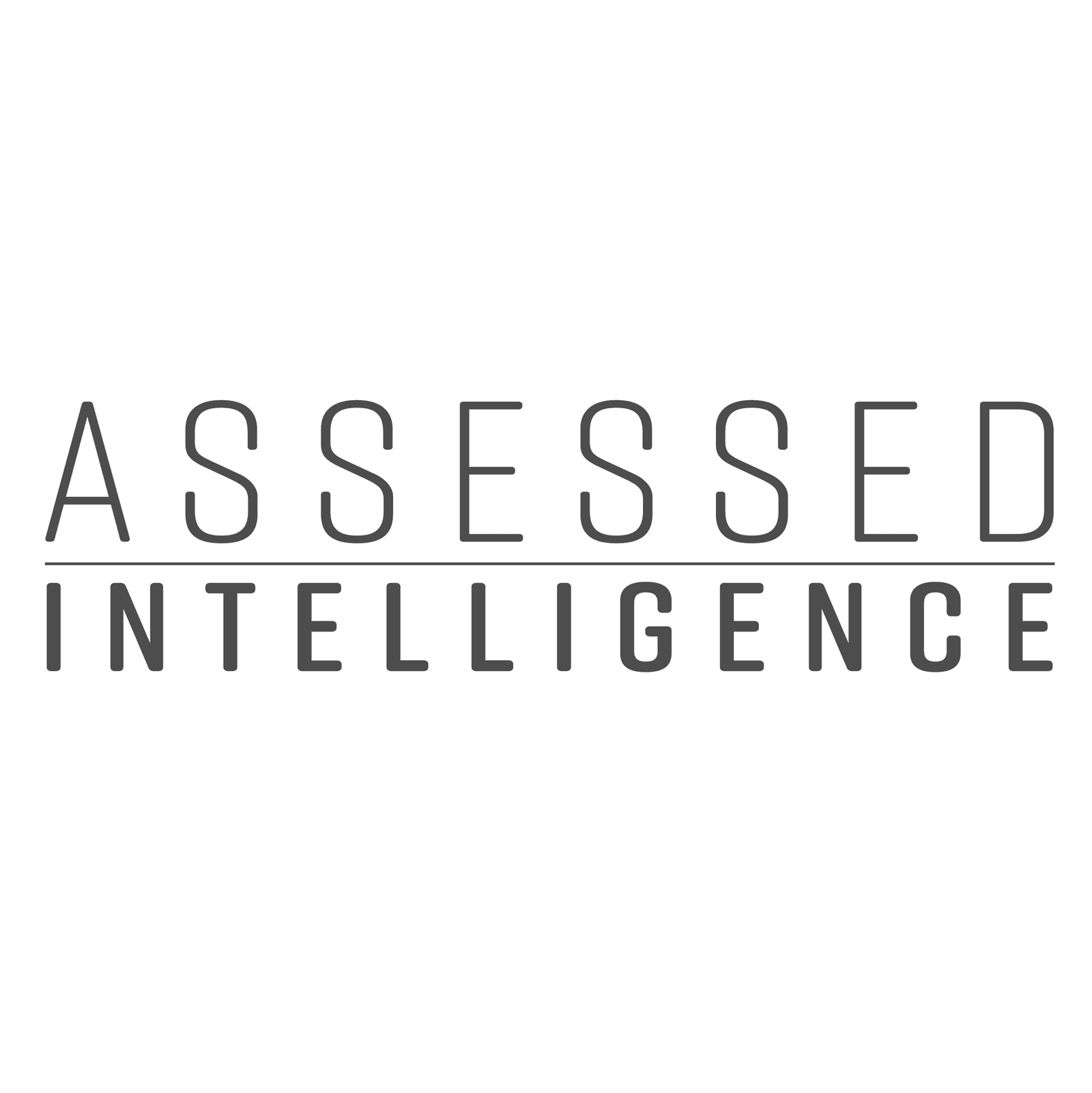Research exploring how audit functions must evolve to meet the demands of increasingly digital, data-driven, and AI-integrated organizations. As innovation accelerates, traditional audit approaches—centered on periodic, backward-looking assessments—are no longer sufficient to detect and manage the dynamic risks posed by emerging technologies.
The article advocates for a modernized audit paradigm that aligns with principles of continuous assurance, agile governance, and proactive risk management. It highlights how auditors can play a pivotal role in embedding oversight into the design and deployment of intelligent systems, ensuring ethical use, data integrity, and regulatory compliance from ideation to operation.
Key themes include:
- Auditing in CI/CD environments: Addressing the challenge of real-time assurance in continuous integration and deployment pipelines.
- AI and algorithmic risk: Evaluating model bias, data provenance, explainability, and system drift as part of the audit scope.
- Digital ethics and ESG accountability: Expanding audit focus to include environmental, social, and governance (ESG) dimensions of digital innovation.
- New auditor skillsets: Recommending multidisciplinary teams with expertise in data science, cybersecurity, AI governance, and digital ethics.
The article calls for auditors to move beyond compliance gatekeeping and become strategic partners who enable innovation with accountability. By adopting adaptive methodologies and leveraging AI-powered audit tools, the profession can maintain relevance while driving trust in transformative technologies.
